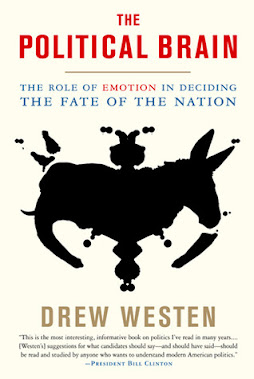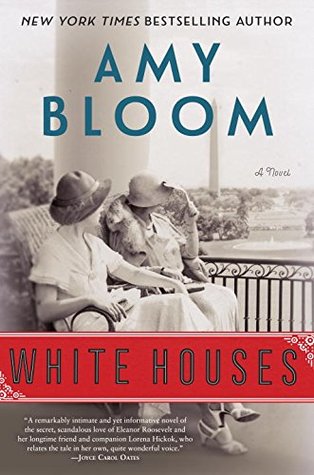In the spring of 1987, the presumptive Democratic nominee for President was the charismatic young Senator from Colorado, Gary Hart, who represented the emergent generation of "New Democrats" later associated with Bill Clinton. Hart's campaign imploded following media reports that he was having an affair with a model named Donna Rice, reports that the candidate responded to with a combination of self-righteous anger and implausible denial. There was some self-examination on the part of journalists over how to distinguish the personal from the political - if there was anything to distinguish - but it is Matt Bai's theme that even the most perceptive commentators missed the true significance of the moment, which marked a crucial point in the transition between the more careful traditional journalism and the celebrity infotainment that prevails today.
Although his journalistic recounting of the scandal is solid (he corrects many longstanding misperceptions, such as the belief that the infamous "Monkey Business" photo of Hart and Rice surfaced at the beginning rather than at the end of the scandal), it is undermined somewhat by Bai's attempt to add additional weight to his narrative by exaggerating Hart's gifts - had Hart been elected in '88, it seems, all of the negative events that have happened since, from the Iraqi invasion of Kuwait to the subprime mortgage crisis, would have been avoided. This is largely forgivable since the real subject of the book is the press and not Hart, but on one occasion it becomes a jaw-dropping instance of ideological blindness, as Bai breathlessly reports Hart's plan to invite Gorbachev to his inauguration and sign an arms-control deal on the spot, and "possibly the Cold War would have ended right there", as if the Cold War could have been ended by an arms-control agreement that would not have released a single prisoner from the Gulag, permitted a single opposition candidate on the ballot, or removed a single stone from the Berlin Wall. It is extremely damaging when a figure touted as always ahead of his time seems not to have comprehended the nature of events that happened nearly thirty years ago.
Bai also exaggerates the uniqueness of the Hart scandal - only four years earlier Rep Dan Crane's career had been destroyed by revelations he had a sexual relationship with a Congressional page, and seven years before that Rep Wayne Hays' thirty-seven year career ended when his mistress made their relationship public. At the time of the latter scandal, The Los Angeles Times reported that "the press' recent preoccupation with sex on Capitol Hill" had replaced the attitude that a "man's drinking or dalliance generally was considered irrelevant and out-of-bounds", and questioned whether "a government official's personal habits and life-style give an insight into the character of the public servant." "Character", a word Bai suggests is a flimsy pretext for prying into personal lives, was already an issue to which Hart's famous challenge to reporters to "follow me around" was a direct response even though, as Bai makes clear, it did not directly inspire the reporters who broke the story.
While Bai briefly raises the question of whether the traditional journalistic approach, with its cozy relationship between politicians and reporters (Hart did some of his womanizing while rooming with journalistic legend Bob Woodward), wasn't in many ways worse than the more recent adversarial relationship, he does not really address it substantively. Indeed, the boundaries are not always clear - Hart's friend, journalist Jack Germond, is touted as a paragon of the old school even though he was a regular panelist on The McLaughlin Group, one of the milestones of the ascendant chattering punditry. In every respect, then, Bai's attempt to cast Hart's downfall as an utterly unprecedented event fails.
In the end, Bai deserves perhaps the highest praise a journalist of his generation can receive - sometimes he tells the truth in spite of himself. Although he sets out to debunk the myth of Hart as a tragic figure done in by his own hubris, his portrait is that of a man of monumental arrogance - although it was EJ Dionne who compared him to the central figure in Plato's parable of the cave, Hart clearly sees himself in those terms, as an enlightened visionary willing to come down from the mountaintop to give the American people the gift of his leadership. Hart, however willing he may have been to lead the American people, never seemed to want to give himself to them. This pride even in defeat almost makes Bai's idolatry sensible - Hart as Coriolanus, the last candidate unwilling to humble himself and wring his hands on television, begging forgiveness from the masses.
 Drew Westen is a psychologist who has studied how emotions affect our political decisions. The main point of the book is that political scientists have thought people make decisions rationally when emotions have a much larger effect than rational.
Drew Westen is a psychologist who has studied how emotions affect our political decisions. The main point of the book is that political scientists have thought people make decisions rationally when emotions have a much larger effect than rational. 


